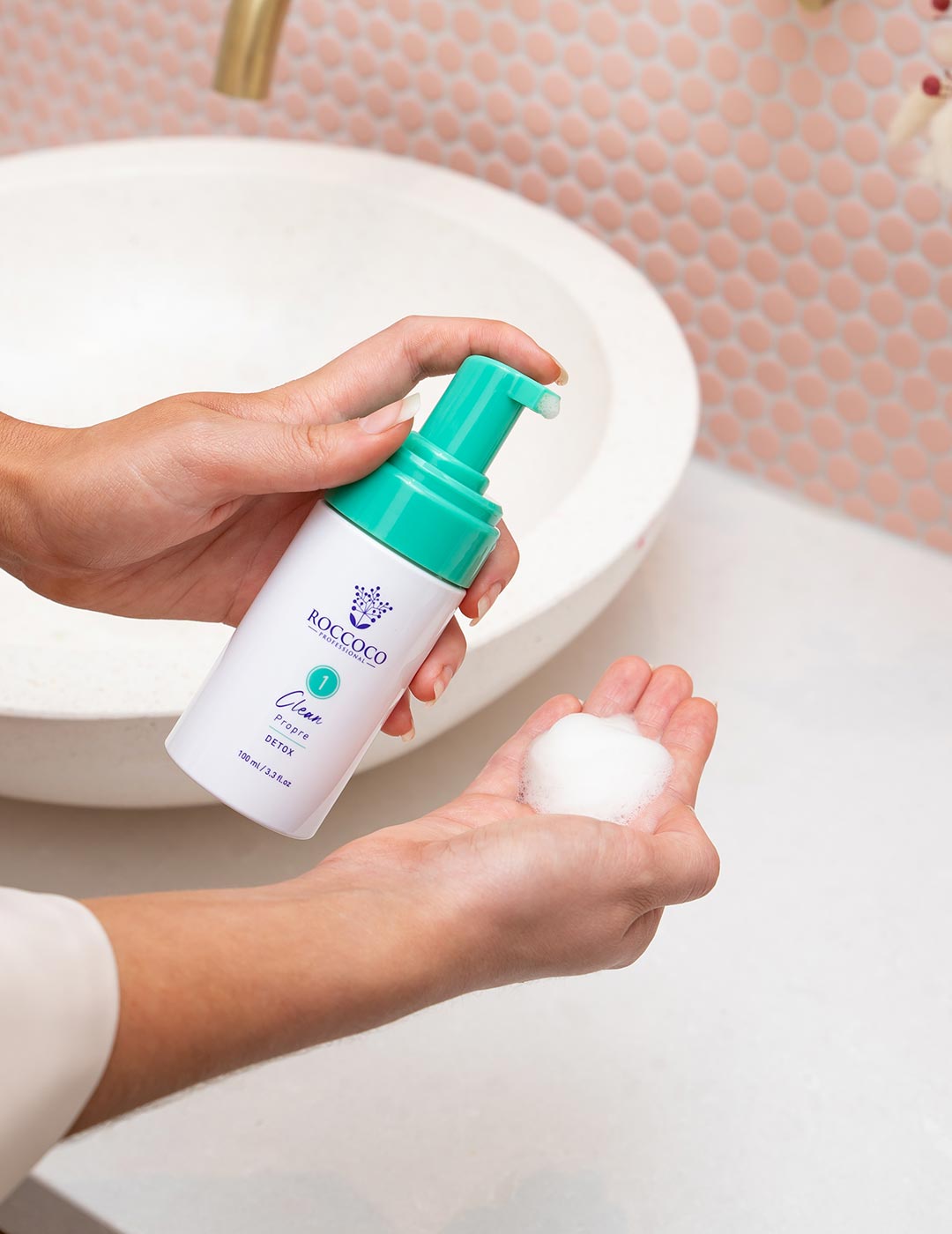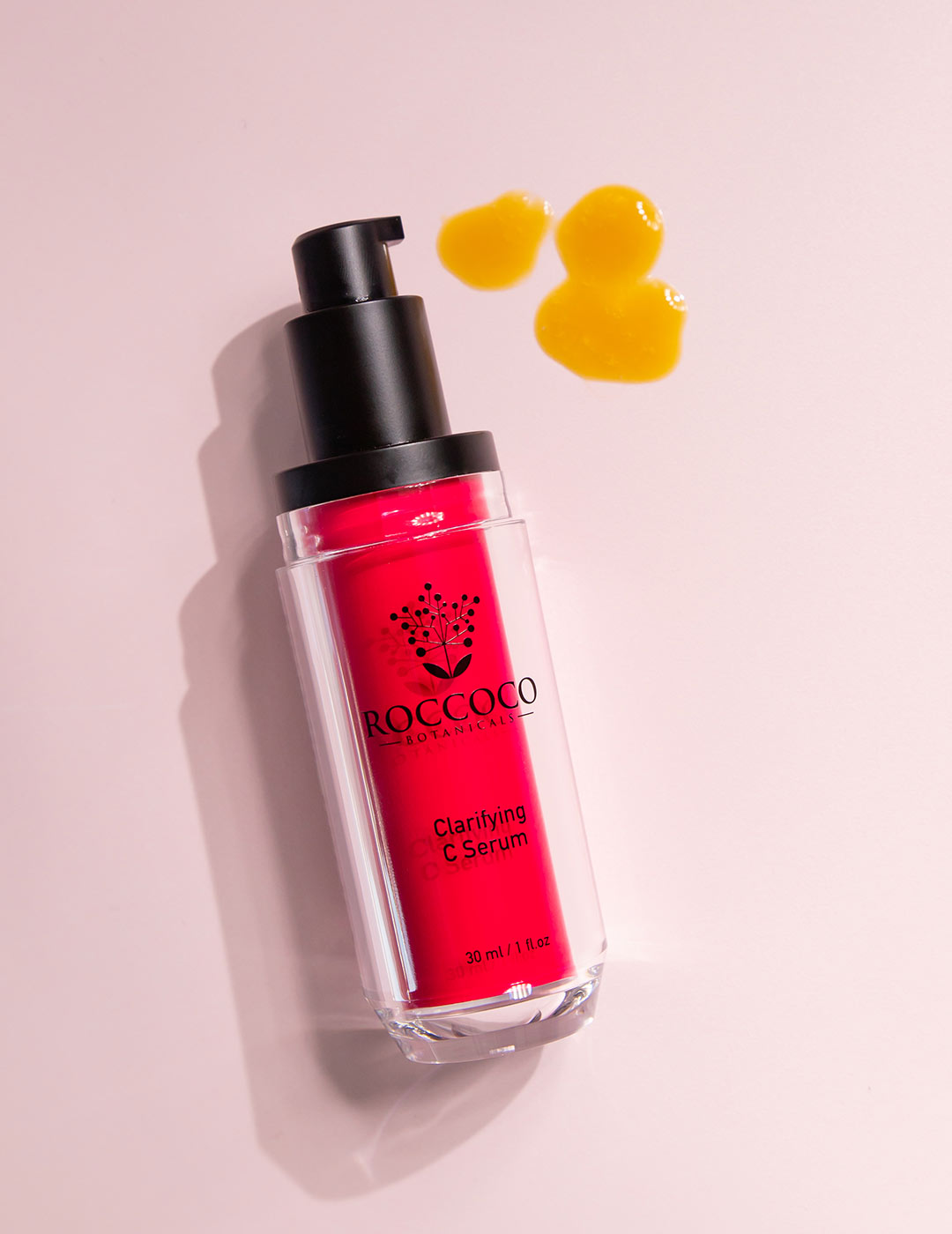What is Glycation and How Does It Cause Skin Aging?
Your skin’s moisture barrier is crucial to the health and appearance of your skin. The problem is, the barrier is very sensitive, and when it’s harmed, you feel and see the consequences. A barrier leads to everything from aging, wrinkles, and fine lines to breakouts and uneven texture. Without healing the barrier, your skin concerns will return.
One of the major threats to your moisture barrier is glycation, but what exactly does that mean? Let’s break down exactly what glycation is, how it affects your skin, and what you can do about it to heal your moisture barrier and get bright, healthy skin.
What is Glycation?
Glycation is a chemical process that results from excess glucose in skin fibres. The sugar molecules present in the glucose bind to the proteins and collagen in your skin, weakening your moisture barrier and your skin’s health.
When this reaction occurs, advanced glycation end products (AGEs) are produced, which damage your existing collagen and inhibit further production.
Your Skin Needs Nutrients and Proteins
Collagen is key to keeping your skin firm, supple, and elastic, so when healthy collagen levels are disrupted, your skin ages quickly. This can mean wrinkles and fine lines, but it can also mean dryness, dullness, uneven texture, and blemishes. Think of it like a sponge that shrivels up when it dries out!
Without enough of the nutrients and proteins your skin needs to stay healthy, your moisture barrier can’t receive nourishment. The cell turnover needed to restore that barrier is lacking, too, leaving you with unbalanced, unhealthy skin.
What Causes Advanced Glycation End Products to Form?
Glycation intensifies as we age, but certain lifestyle factors make it more likely. High-sugar diets, stress, poor sleep, and a lack of exercise are all major contributors.
We can mitigate the effects of glycation by ensuring our skin gets enough moisture.
We’ll discuss how to do this, but first, let’s dive into the effects of glycation on the skin.

5 Effects of Glycation on the Skin
Let’s talk about how glycation affects the look and feel of your skin.
Harms Your Moisture Barrier
The advanced glycation end products that form from excess glucose wreak havoc on your moisture barrier.
Our skin relies on receiving enough of the right nutrients and proteins—like collagen, one of the most important proteins - in order to generate healthy cell turnover and lock in moisture.
Cells feed on proteins and nutrients, and if they’re binding to AGEs instead, they’re not going where we need them—to nourish our skin.
Since the moisture barrier is the top layer of our skin, it’s susceptible to harm from both toxins and a lack of nourishment.
Creates the Appearance of Aging
There’s nothing wrong with aging—it’s a beautiful thing to live long! But, you want your skin to look and feel healthy, bouncy, and beautiful.
Glycation inhibits that by taking away the moisture our skin needs to remain supple and elastic. Remember the sponge analogy from before? When your skin dries up, it creases and sags instead of smoothing out.
Not enough collagen and elastin proteins means more wrinkles and fine lines that settle into the creases to create ridges in the skin.
When your skin can retain moisture, it plumps out those lines!
Inflammation
Research shows that AGEs induce a pro-inflammatory effect, which exacerbates skin conditions like eczema, rosacea, acne, and blemishes. Plus, it can lead to uneven texture and redness.
Coupled with a harmed moisture barrier and your skin opens up to a variety of disruptors that will just make it worse.
Opens the Door to Blemishes
Inflammation can cause acne and a damaged moisture barrier that opens your pores to toxins.
Everything from makeup, loading up on the wrong skincare products, and touching your face with unclean hands to environmental pollutants creates a breeding ground for blemishes when your moisture barrier isn’t able to keep out irritants.
Dry, Dull, and Uneven Skin Texture
A compromised moisture barrier means your skin isn’t getting enough moisture and it can’t lock it in.
Because glycation disrupts your skin’s ability to receive nourishment, a lack of hydration makes it feel like the life has been taken out of your skin.
Dryness from a malnourished moisture barrier reflects in your skin, and for many it leads to dullness in appearance and uneven texture.
How to Combat Glycation and Reverse Its Effects
Some degree of glycation is inevitable as we age, but we certainly can limit the impact that advanced glycation end products have on our skin. Through a combination of the right skincare routine and taking care of our body, it’s more than possible to retain the healthy bounce and beautiful glow of your skin.
Develop Healthy Habits for Long-Term Success
The first and most sustainable way to reduce the likelihood of glycation and maintain beautiful skin long-term is by eating a healthy, balanced diet that nourishes your body with nutrients. It helps to cut back on sugary foods (and foods that turn to sugar, like carbohydrates).

Getting enough sleep at night as well as moving your body consistently and reducing stress levels also help curb glycation and its effect on the skin.
Even if you’re using super-hydrating products, if your moisture barrier is damaged, your skin will be unable to fully retain all the benefits. Without cell turnover and locked in moisture, your skin will remain vulnerable to damage.
It’s important to work from the inside out, making sure you’re taking care of your cells while topically nourishing your skin.

Choosing the Right Products
Now that that’s out of the way, it’s time to talk skincare. It’s best to focus on reparative products that heal your skin by feeding it nutrients.
This includes vitamins A, B, C, E, as well as other properties, like antioxidants, retinol, peptides, ceramides, linoleic acid, hyaluronic acid, and niacinamide. These ingredients heal the skin through nourishment.
Products like Roccoco’s Blueberry AGE Cream naturally heal your skin by using nutrient-dense, reparative ingredients like blueberry extract, a natural antioxidant and anti-inflammatory, that feed your skin the ingredients it needs to boost moisture and strengthen your barrier to lock in hydration.
Building a Routine to Treat Skin Concerns
Avoid overloading your skin with products while repairing your moisture barrier. The best results don’t just come from using the right ingredients, but by layering them correctly.
To repair your barrier and reflect the benefits on your skin, focus on building moisture.
In the morning after using a gentle cleanser, you can opt for a serum or oil followed by a moisturiser and sunscreen. This is also a good time to use vitamin C for instant brightness and hyaluronic acid for plumping.
At night, use a retinol before layering over your night cream and eye cream. Always make sure you use sunscreen the morning after using a retinol because your skin will be extra-sensitive to UV rays.
If you’re new to retinol, start by using it a couple times a week—a good rule to follow is every fourth night. Consider combining it with your night cream to start. These both help to limit irritation and skin purging (breaking out).
Restore Your Skin and Say Bye to AGEs!
Moisturising your skin with reparative ingredients and adopting healthy lifestyle habits will reduce glycation, protecting your skin from its harmful effects.
Feed your skin with nutrient-dense products built to boost moisture and heal your barrier, like the Roccoco Botanicals collection, to correct wrinkles and texture issues and have happy, healthy skin!
Read more

With skincare fads everywhere, it’s difficult to find natural, safe ingredients that work. Many products promise to improve your skin, but they don’t deliver and sometimes even make it worse. Blue...

One of the most popular ingredients in beauty products is shea butter. Shea butter comes from the nut of the African shea tree and has been used for centuries in Africa as part of their culture. ...





